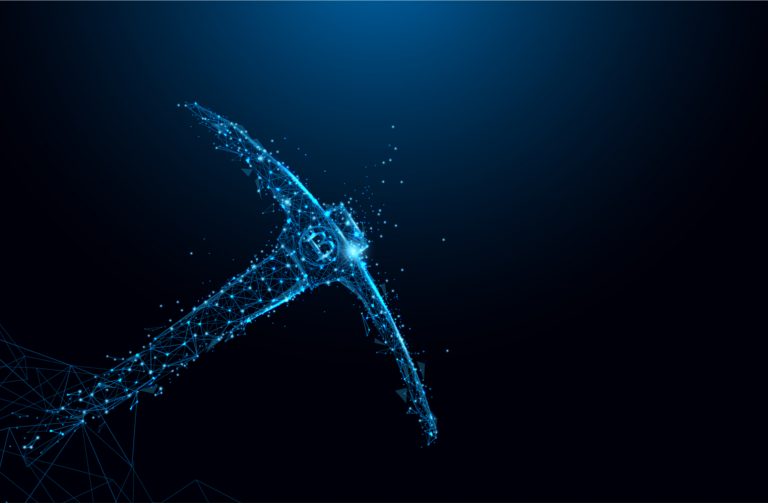
Three researchers have published a paper at Cornell University’s arxiv.org proposing a system called Optical Proof of Work (OPOW) to potentially be employed in Bitcoin mining. According to the paper, “heavy reliance on electricity has created scalability issues, environmental concerns, and systemic risks.” The authors state that silicon photonics could be used to shift mining costs away from energy-intensive to hardware-based costs, lowering the economic and environmental impact, adding greater security, and “democratizing” mining.
Also Read: Canadian Company Commissions 3 Bitcoin Mining Units to Restart Oil Well
Optical Proof of Work
The system proposed by authors Michael Dubrovsky, Marshall Ball, and Bogdan Penkovsky is described as “a novel POW algorithm, Optical Proof of Work (OPOW), to eliminate energy as the primary cost of mining. Proposed algorithm imposes economic difficulty on the miners, however, the cost is concentrated in hardware (capital expense-CAPEX) rather than electricity (operating expenses-OPEX).” In other words, the paper’s proposal is that photonics could potentially enable much more energy efficient mining, which might have a number of effects on the industry.
The “Optical Proof of Work” paper states that “Rapid growth and improvement in silicon photonics over the last two decades has led to the commercialization of silicon photonic co-processors (integrated circuits that use photons instead of electrons to perform specialized computing tasks) for low-energy deep learning. OPOW is optimized for this technology such that miners are incentivized to use specialized, energy-efficient photonics for computation.”
Many questions remain as to the proposed implementation, however, centering on the economic realities of market competition and economies of scale, as well as changes at the algorithm level which would need to take place. Also, although the proposal is to make mining hardware much more specialized and difficult



